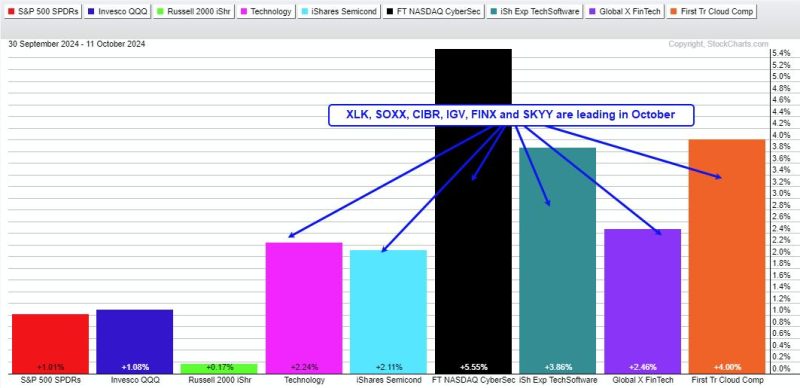In the realm of investing, cybersecurity has emerged as a prominent sector, especially in today’s digital age where protecting sensitive data and networks is a top priority. With the rapid advancements in technology and the increasing frequency of cyber threats, the demand for cybersecurity solutions and services has skyrocketed. One innovative investment opportunity that has gained traction in recent times is the cybersecurity exchange-traded fund (ETF).
ETFs are a type of investment fund that trades on stock exchanges, similar to individual stocks. They offer investors a way to gain exposure to a diversified portfolio of assets, such as stocks, bonds, or commodities, while being able to trade them throughout the day. The cybersecurity ETF is designed to track the performance of a specific index or a basket of cybersecurity companies, providing investors with a convenient way to invest in this booming industry.
The cybersecurity ETF has revolutionized the way investors can access the cybersecurity sector. It offers a cost-effective and efficient way to gain exposure to a portfolio of cybersecurity companies without having to pick individual stocks. This diversification helps mitigate individual company risk and provides investors with a broader exposure to the entire cybersecurity industry.
One key advantage of investing in a cybersecurity ETF is the potential for strong returns. As cybersecurity threats continue to evolve and grow in complexity, the demand for cybersecurity products and services is only expected to increase. This surge in demand could translate into higher revenues and earnings for cybersecurity companies, ultimately driving the performance of the ETF.
Moreover, cybersecurity ETFs offer investors the opportunity to invest in global cybersecurity trends. Cyber threats are a global issue that affects businesses and individuals worldwide. By investing in a cybersecurity ETF, investors can access a diversified portfolio of companies that operate on a global scale, providing exposure to various regions and sectors within the cybersecurity industry.
Another benefit of cybersecurity ETFs is the ease of trading and liquidity they offer. ETFs can be bought and sold throughout the trading day, providing investors with the flexibility to adjust their positions quickly based on market conditions. Additionally, the liquidity of ETFs ensures that investors can easily enter and exit their positions without the complications often associated with investing in individual stocks.
In conclusion, the cybersecurity ETF has emerged as a valuable investment vehicle that offers investors an innovative way to capitalize on the booming cybersecurity industry. With its diversified exposure to a portfolio of cybersecurity companies, the cybersecurity ETF provides investors with a cost-effective, efficient, and globally diversified investment opportunity. As cyber threats continue to proliferate, investing in a cybersecurity ETF may position investors to benefit from the growth potential of this critical sector.

